Corporations in the EU must report on approximately 300 sustainability data points to prove compliance—a burden that even the largest corporations struggle with. This burden is made more complex by constantly evolving regulatory requirements.
The Lithuanian Ministry of Finance formed the Green Finance Institute in the structure of ILTE, Lithuania’s National Development Bank, to help companies navigate these regulatory complexities and thus bring Lithuania on target to achieve its sustainability goals.
A recent report by the well-known economist and former President of the European Central Bank Mario Draghi inspired a review of existing regulations, potentially reducing sustainability disclosure requirements significantly. Still, the reporting requirements remain in place, and the changing landscape puts businesses in a quicksand situation where misreporting can lead to heavy fines.
Join us at Baltic Fintech Days on April 2-3!
“The Green Finance Institute was formed to help companies understand and successfully deal with such challenges,” says Audrius Šilgalis, Head of Green Finance Institute in Lithuania. “Our purpose is also to improve coordination between various actors in Lithuania’s green finance space.”
Before the formation, multiple institutions such as ministries, banks, and supervisors were working on green initiatives independently, leading to inefficiencies and overlaps. The Institute now serves as a central hub providing guidance, technical support, and training.
“We work with all types of companies, not only GreenTech, supporting their journey from data collection through the preparation of sustainability reports to decarbonisation plans and green investments,” says Šilgalis.

For example, the Institute offers courses to help businesses understand sustainability requirements. The institute also established a forum that brings together over 150 representatives from businesses, investors, and public institutions. This platform facilitates collaboration, while also addressing systemic issues in the sustainability space like regulatory gaps or taxation challenges.
Join us at Baltic Fintech Days on April 2-3!
Lithuania’s advantages for green finance
Lithuania is proactive in green finance, says Šilgalis, driven by the need to meet climate neutrality goals. National plans estimate a need of over €30 billion in funding this ambition, with only €14 billion available from public sources, necessitating €16 billion in private investment.
“In addition to attracting more private investments, we’re working with companies to achieve decarbonisation, whether that means moving to renewable energy or transforming their business models,” says Šilgalis.
For companies looking to scale in green finance, Lithuania has certain advantages, such as a well-developed fintech ecosystem. “Fintech, GreenTech, and green finance are strongly connected,” says Šilgalis. “Being strong in fintech means we have the competencies and talented people who can help expand your business sustainably.”
Lithuania had over 270 fintechs operating in the country at the end of 2023 and is widely considered Europe’s fintech hub.
“The regulatory environment is also really helpful. The Lithuanian regulator has a cooperative approach for anyone wanting to establish operations,” says Šilgalis.
Still, probably the most influential factor for setting up in Lithuania is that no other Baltic country currently offers any program similar to the Green Finance Institute. The institute receives requests for assistance and guidance from Latvia and Estonia, and it helps where it can, but the support is for Lithuania-based companies.


